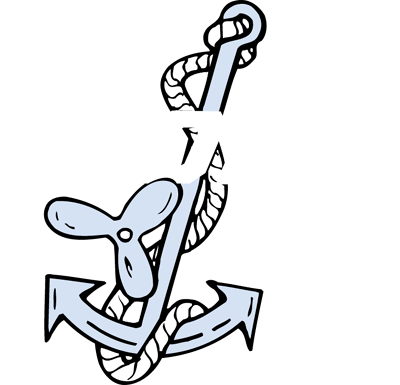A little over a year after a fire broke out on the Mary Lynn on the Mississippi River, the internet is abuzz with the findings of the National Transportation Safety Board (NTSB) investigation into the incident. Overpressurization of the fuel system led to the fire aboard the towing vessel, federal investigators said. However, the NTSB probe also determined that fatigue almost certainly played a role in the fire near St. Louis that resulted in over $700,000 in damages.
According to the agency’s press release, investigators “concluded the chief engineer was likely affected by acute fatigue as he reported receiving less than five hours of sleep in the 24 hours preceding the fire. This fatigue likely impacted the chief engineer's attention, memory and performance of complex tasks.”
Clear and Present Danger
Mariners often face challenges getting enough rest, and the resulting fatigue is a major cause for concern. According to the International Transport Workers’ Federation (ITF), “estimates suggest that 25% of marine casualties are caused by fatigue,” and research shows that mariners’ long working hours are taking their toll. The ITF refers to one study in which nearly 50% of seafarers reported working 85 hours or more in a week. Even more alarming is the Federation’s data which indicates one in four mariners have reported falling asleep while on watch.
Regardless of experience, rank, knowledge or training, fatigue has a pernicious way of creeping up without notice. Although the Mary Lynn’s chief engineer told the NTSB that he didn’t feel tired while working in the engine room, he also indicated that he had only had “1-hour nap the previous afternoon and 3.5–3.75 hours of sleep before waking earlier than his scheduled 0500 watch to prepare for fueling. His longest continuous sleep—roughly 5 hours—was on May 17 (the day before the fire) from about midnight to 0500. Given the engineer’s accumulated sleep debt over the previous 24 hours and waking early during an off-duty time when he would normally be asleep, the chief engineer was likely affected by acute fatigue.”
A Cautionary Tale
Despite the industry’s efforts in recent years to help mitigate the risk of fatigue, an accident like the one aboard the Mary Lynn is proof that more needs to be done. As Seafarer Fatigue: The Importance of Good Night Sleep clearly points out, “Proper rest and sleep…are not merely matters of personal comfort; they are vital to a person’s physical and mental well-being…those without proper sleep are likely to make more mistakes and suffer from more accidents.”
Please visit Pandemic Stress Weighs on Mariners and Fatigue Takes The Wheel Again…And Again for tips to help manage the effects of fatigue and stress.
Please note: The vessel pictured above is not the one mentioned in this blog.
Since 1935, MOPS has protected the licenses and livelihoods of more than 80,000 deck and engineering officers, state and federal pilots and certified tankermen.
We cover USCG licensed officers operating aboard vessels of any size in every sector of the maritime industry. If you want a quote, give us a ring at 800-782-8902, ext. 3608 or 3302. Or fill out our online form and we'll email you a quote.

